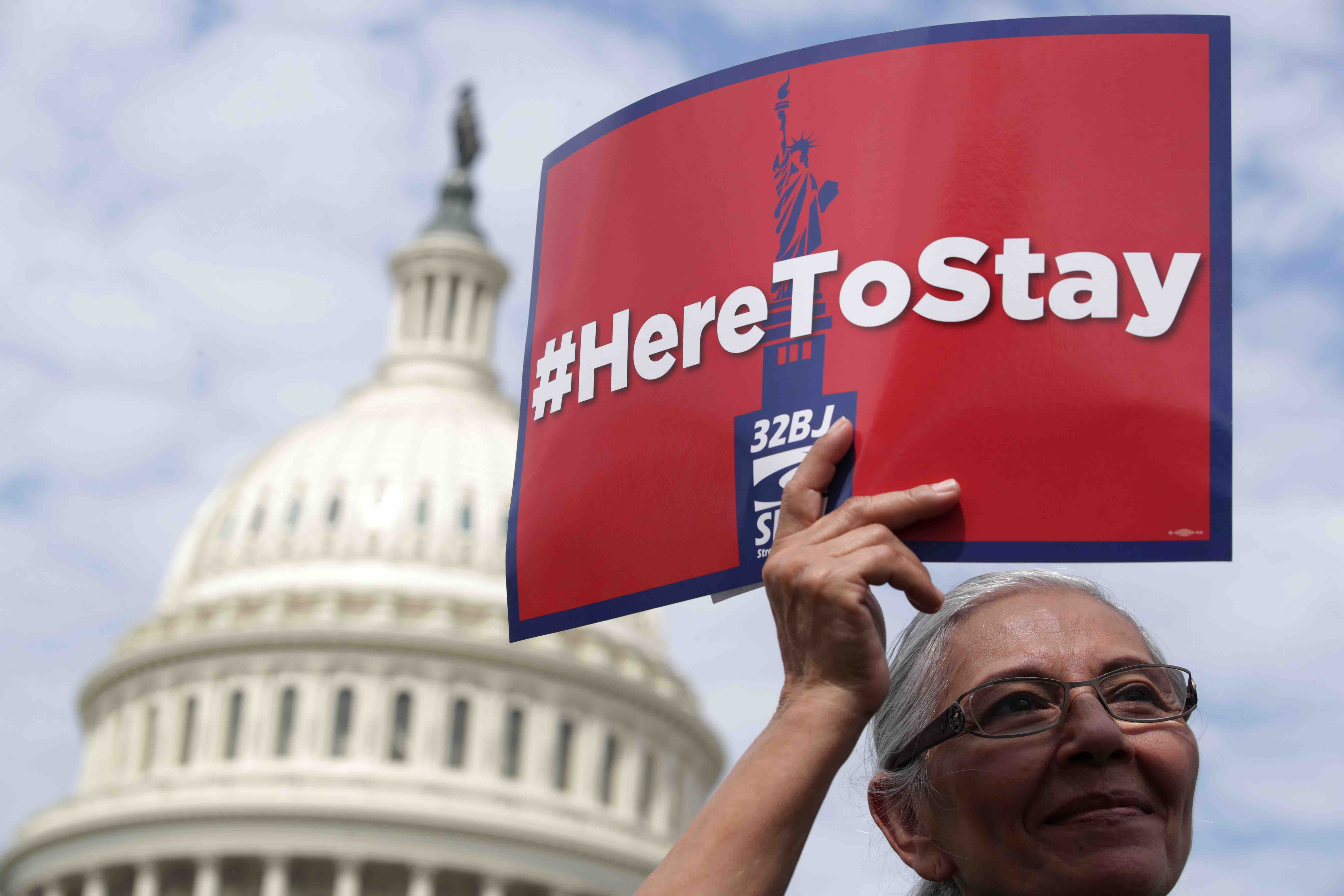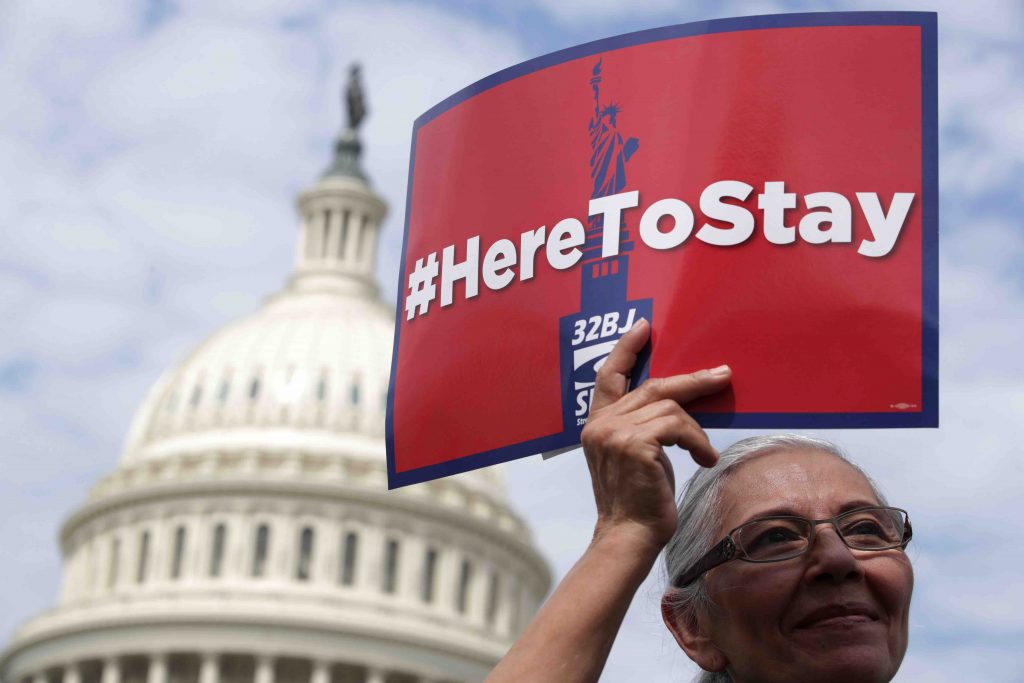On November 12, the Supreme Court will listen to petitions for the judicial review of the Trump administration’s decision to terminate Deferred Action for Childhood Arrivals (DACA). After taking three one-hour oral arguments into consideration, the nine justices must decide whether they’ll continue to grant the administration the power to further devalue a country of immigrants or set a new precedent. Ahead of that, an immigration organization is launching a campaign to educate and inform the Supreme Court about the program.
President Donald Trump hopes to solidify his initial 2017 decision to rescind DACA. For years, he’s gambled with the future of DACA recipients.
Now, the folks whose livelihoods are at stake and their fiercest allies are creatively and elaborately showing both you and the justices who this decision affects, and how. Yes, you can read that over 700,000 people would be affected by DACA’s termination and know that DACA recipients and their households contribute $8.8 billion dollars in taxes, but perhaps knowing the story behind merely one (or two if your soul needs extra thawing) of the numbers represented in those statistics can make all the difference. That’s why United We Dream has taken it upon itself to share the stories of 27 DACA recipients in both written and video form in a first-of-its-kind Amicus Brief for the Supreme Court.
“We got DACA, and it’s like we got wings,” Mexican entrepreneur and mother of five Angelica V. says in a testimony video.
An Amicus Brief, or a legal document filed on an advisory basis to provide additional information and arguments that can help in the decision-making process, is often helpful in further humanizing a human rights issue. The goal with this particular one is to educate, empower and enforce change. In the 51-page brief, we get a full, well-rounded picture of the impact of the program and the rich, diverse array of people it helps. As made evident by the careers represented – including everything from non-profit business owners, to creatives, teachers and more – the brief makes it known that “the benefits of DACA have extended far beyond DACA recipients themselves.”
Although the conversation around DACA often focuses on the Latinx community, the brief dismantles the idea that the group is monolithic, as it represents at least six non-Latin American countries including Pakistan, South Korea and Nigeria.
Emmanuel A., one of the stories shared, is a Nigerian Grammy Award-winning artist known as Mannywellz. Just last week, he was featured in “Love & Loyalty” by Wale. His story, chock-full of relatable instances of forced early maturation and inherited responsibility, includes the fact that his father was deported when he was 9. He has been partially responsible for caring for his mother and younger siblings since then. DACA gives him a way.
This is about so much more than getting a point across to the powers that be. “We want to make sure we’re educating the justices and the public about immigrant youth, the transformational effect DACA has had on the lives of recipients, and the consequences of what would happen if the program were ended,” José Alonso Muñoz, National Communications Manager with United We Dream, told Remezcla. “Our home is here. They need to understand what that means.”
Following November’s hearing, a decision on the matter is expected no later than June 2020. In the meantime, current or previous DACA recipients can and should continue to apply for renewal. Allies can show their support with financial donations to supplement renewal fee payments (which are about $500 per application).
“At the end of the day, before being a judge… before being an immigrant in any country, you’re a human being,” Mannywellz said in the video. “You’re a human first.”




